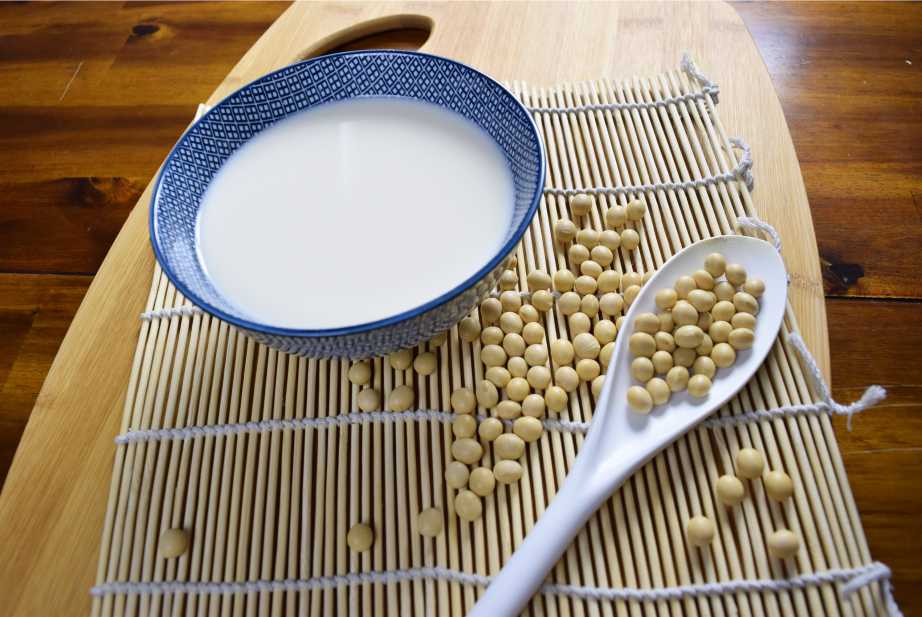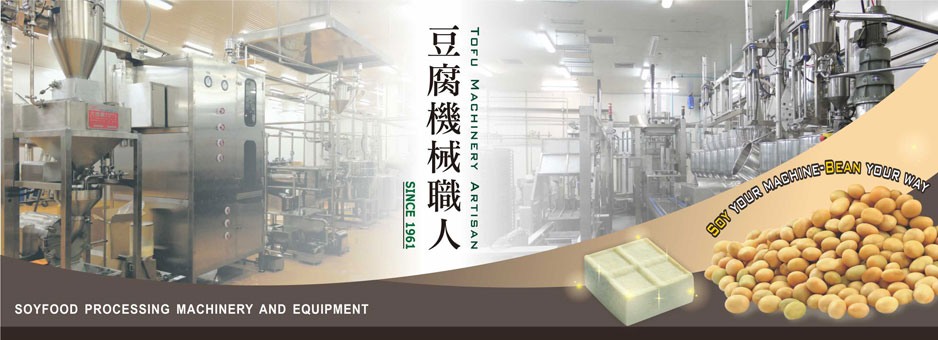
Soy milk—a popular dairy alternative in the West—has long been consumed as a traditional beverage in China, Japan, and other parts of Asia. Stateside, some people choose to drink soy milk due to lactose intolerance issues, others choose soy milk as a healthier option to cow's milk.
Similar to cow's milk, soy milk is a common food allergen and store-bought varieties can contain sugar, fillers, and other questionable additives. Then there's the GMO issue—putting both soy and corn in the spotlight. So is this "healthy" alternative to cow's milk all that? The proof is in the pudding.
The Skinny on Fat and Cholesterol
"Got Milk" ad campaigns tout milk's health benefits—its high in protein, Vitamin D, and calcium, and it's source of good fat. And fats—right up there with oils—have gone in and out of vogue since the 90s. Today, some nutritionists prize "good" saturated fats, saying they provide energy and make you feel satiated long after you eat them, ultimately helping you lose weight.
Soy milk, unlike cow's milk, is naturally low in saturated fat, making it an attractive option for those who don't believe the "good fat" hype. Also, soy milk contains no cholesterol because of its plant-based origins. Dairy milk, in contrast, contains about 20 milligrams of cholesterol per cup. So, for people with high cholesterol or certain types of heart problems, soy may be a viable alternative to cow's milk.
The Truth About Soy Milk and Calcium
One of the main drawbacks of using soy milk as a cow's milk replacement is its low levels of calcium. Unfortified soy milk contains about one-fourth the amount of the calcium found in cow's milk. Fortified soy milk, however, has a comparable amount of calcium. But still, some studies show that fortified calcium is not as absorbable as naturally occurring calcium. So rather than buying fortified soy milk, vegans and those with lactose intolerance should address the issue of calcium through a comprehensive dietary plan that includes almonds, beans, leafy greens, and sardines (for non-vegans).
What About Hormones?
Both cow's milk and soy milk contain naturally-occurring hormones. In the US, estrogen and progesterone may be present in milk that is consumed by purchasers, since cows are milked throughout their pregnancy. Add to that the controversial use of rBST or rBGH—two types of synthetic growth hormones linked to various types of cancer and early sexual puberty—and it can appear that you're drinking a toxin. For this reason, choosing organic milk is a healthier alternative, as organic practices ban the use of synthetic hormones.
Soy milk, by comparison, naturally contains isoflavones, or phytoestrogens, a plant-derived compound with "estrogenic activity."
By Lindsey Goodwin
https://www.thespruceeats.com/is-soy-milk-healthy-or-not-765047





